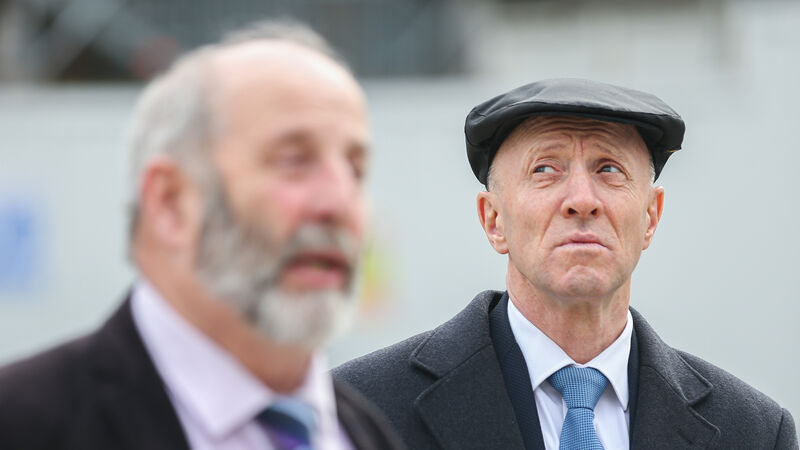'Better off robbing pallet of fertiliser' than money from a bank, Dáil is told

Kerry TD Michael Healy-Rae (right) said: “If a robber had a choice between robbing a ball of money from a bank or robbing a pallet of fertiliser, the robber would be better off robbing the pallet of fertiliser because it is worth more”. File photo: Sasko Lazarov / RollingNews.ie
Thieves would be better stealing a pallet of fertiliser than robbing a bank, TDs heard amid calls for a 'mini budget' for farmers and rural communities as farm-input costs for fuel, animal feed, and fertiliser continue to hit record highs.
The Rural Independent Group of TDs has called for a funding package of at least €75m to be provided to “crippling farmers”. Latest figures from the Central Statistics Office show that in December 2021, fertiliser was nearly 87% higher than in December 2020.











